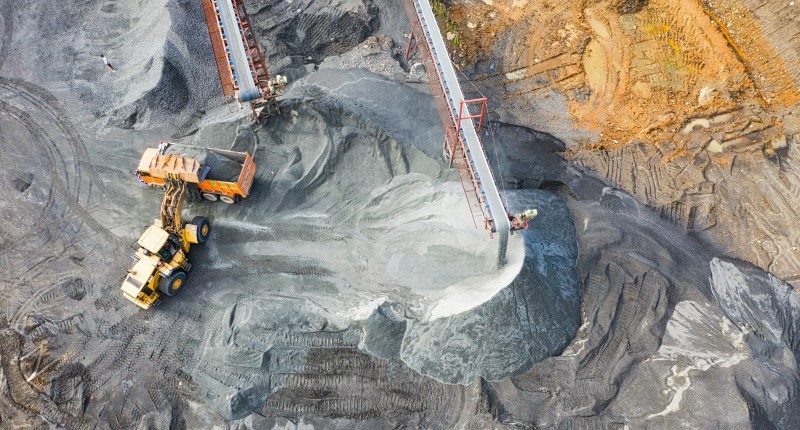
- China foreign investment in Australian real estate has fallen over the years
- Iron ore imports have risen, supporting Australia's economy and property market
- Property prices are still on the rise due to low interest rates and government stimulus
Australia’s economic performance has been tied to China for decades.
In fact, WA’s $1.2 billion budget surplus can be almost entirely attributed to higher than forecast iron ore prices, driven by China’s increased demand during COVID-19, and a contraction in Brazillian supply.
China relies heavily on Australia’s natural resources. The country imports 63% of Australia’s iron ore to power their steel plants and economic growth.
And despite some tension between the two nations leading to tariffs on goods such as wine and barley, iron ore remains untouched.
Research from NAB‘s report into China’s economy confirms this is continuing to occur – iron ore imports rose 2.7% year-on-year, and overall imports rose by 22.2% year-on-year.
So long as China continues to import Australia’s iron ore, this will help to improve Australia’s economic conditions, and in turn the domestic property market.
Foreign investment trends
China’s domestic investment in real estate also rose strongly in the first two months of 2021 – up by almost 28% year-on-year.
This goes against a general trend over the past years of a decline in foreign investment in Australian real estate.
Foreign investment from China in Australian real estate peaked in 2015-26 at $31.9 billion and then plummeted to $6.1 billion in 2018-19. Chinese search activity also fell in Sydney and Melbourne during mid-2020, according to realestate.com.au.
Factors that have contributed to this decline more recently include smaller Chinese student numbers (due to international border restrictions), the aforementioned diplomatic tensions and a stronger Australian dollar.
Although foreign investment is set to continue its fall, it looks to have had a negligible effect on the housing prices, due to high domestic residential demand outstripping supply in a lot of areas.
With such unprecedented central bank stimulus (ultra-low interest rates are set to continue for some time) and significant government intervention (such as the HomeBuilder grant scheme), property prices have continued to soar.
In fact, the majority of experts forecast that property prices will increase by 12% by 2023.
With international borders still closed and an appreciating Australian dollar relative to the Chinese Yuan, property prices are set to continue being less affordable for Chinese investors.
It will be interesting to see if they will flock back in stronger numbers once we return to ‘normal’.
~~
Before making any investment decisions, please do your own independent research, taking into account your own situation. This article does not purport to provide financial or investment advice. See our Terms of Use.







